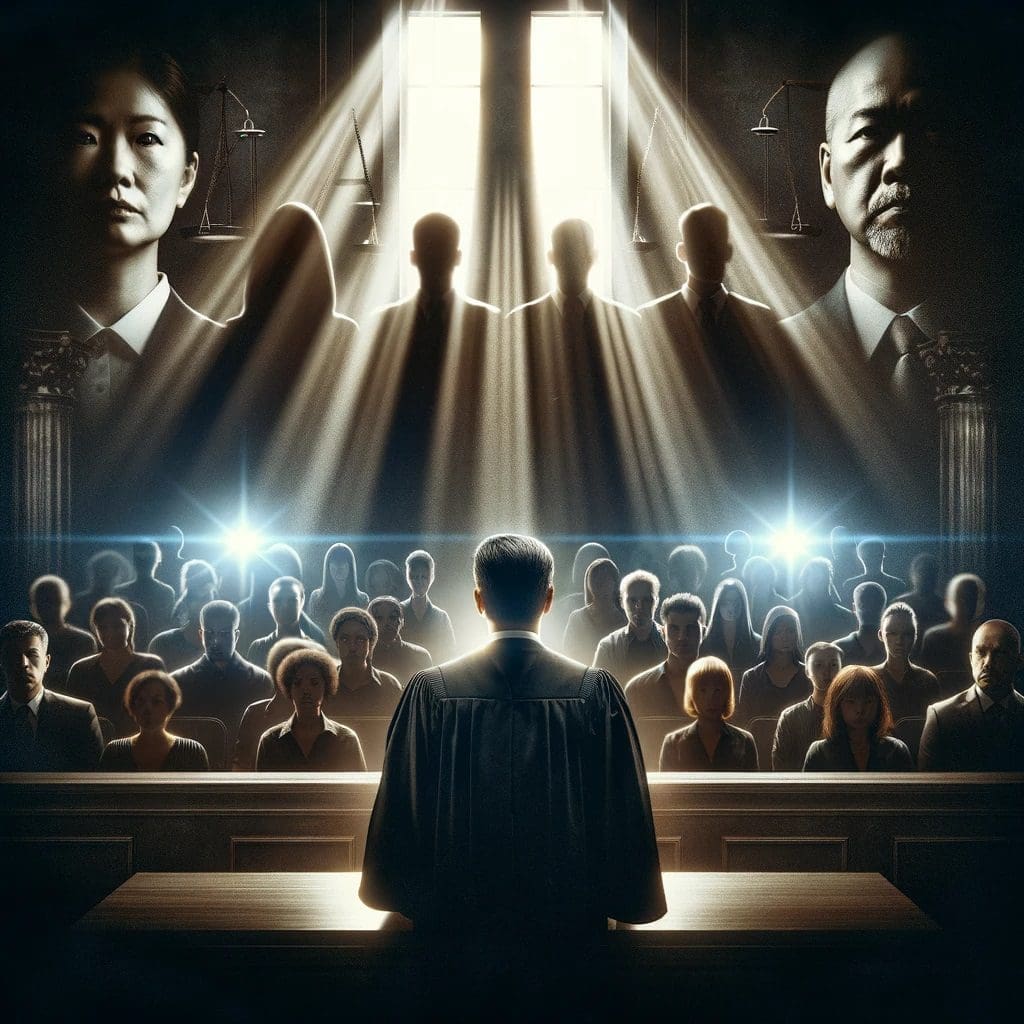What Is Depraved Indifference: Complete Guide to Criminal Law Standard
The legal term “Depraved Indifference” is not only significant in its application to criminal cases but also in its broader implications for the criminal justice system and societal ethics. In both cases mentioned earlier, the term was central to determining the severity of the charges and the potential consequences for the accused. These cases highlight the ongoing debate within the legal community and society at large about the nature of criminal responsibility, the factors that should influence sentencing, and the role of mental state in criminal liability.
In the Albany Appeals Court case, the reduction of the charge from second-degree murder to manslaughter is a prime example of how the legal interpretation of “Depraved Indifference” can significantly alter the course of a legal proceeding. This decision reflects the court’s careful consideration of the defendant’s mental state and the specific circumstances of the case. It underscores the need for a precise understanding of this legal term and its appropriate application in various contexts.
Similarly, the Bath case, where the defendant is accused of killing his mother, brings into focus the complexities involved in such charges. The choice to have a trial before a judge, rather than a jury, in a depraved indifference murder case, is a strategic legal decision that can have far-reaching implications. This case exemplifies the challenges faced by the legal system in cases where the mental state and intent of the defendant are pivotal to the outcome.
These cases also underscore the importance of legal representation and the strategies employed by defense attorneys in cases involving charges of depraved indifference. The decisions made by defense counsel, whether in challenging the prosecution’s interpretation of “Depraved Indifference” or in opting for a bench trial, can significantly impact the result of a case.
Moreover, these cases reflect broader societal concerns about justice, fairness, and the treatment of individuals within the legal system. The term “Depraved Indifference” often brings to the fore ethical questions about the nature of criminal behavior, the factors that lead individuals to commit such acts, and the role of societal and systemic factors in shaping such behaviors.
In conclusion, the legal term “Depraved Indifference” plays a critical role in the criminal justice system. Its application in recent cases demonstrates the complexities involved in its interpretation and underscores the importance of careful legal analysis and judicial discretion. As legal systems continue to evolve, the interpretation and application of terms like “Depraved Indifference” will remain central to the pursuit of justice and the functioning of the legal process.
The concept of “Depraved Indifference” raises significant questions about the moral and ethical considerations within the legal system. In the context of the cases from Albany and Bath, these considerations become especially pertinent. The Albany case, involving a DUI leading to a fatality, and the Bath case, involving a familial homicide, both illustrate the complexities and moral dilemmas inherent in applying this legal standard.
In legal terms, “Depraved Indifference” requires more than just reckless behavior; it necessitates a level of disregard for human life that is morally reprehensible. This moral component is what sets it apart from other forms of criminal recklessness. It reflects a societal judgment about the value of human life and the responsibility individuals have towards each other. In both the Albany and Bath cases, the courts had to consider not just the actions of the defendants but also their mental states and underlying intentions.
The Albany case, in particular, highlights the challenges in proving “Depraved Indifference.” The court’s decision to reduce the charge from second-degree murder to manslaughter indicates the difficulty in establishing a defendant’s state of mind and the level of disregard for human life. This decision has implications for how prosecutors approach such cases in the future, particularly in incidents involving impaired driving.
The Bath case, on the other hand, brings to light the tragic consequences of familial violence and the role of “Depraved Indifference” in such contexts. The defendant’s decision to opt for a judge-led trial over a jury trial could be seen as a strategic move, possibly influenced by the complex nature of the charge and the challenging task of proving such a state of mind to a jury.
These cases also touch upon the broader implications of the term for the criminal justice system. The standard of “Depraved Indifference” speaks to the balance that needs to be struck between holding individuals accountable for their actions and recognizing the nuances of human behavior. In both cases, the courts were tasked with interpreting this balance, considering the severity of the actions, and deciding on the appropriate level of culpability.
Moreover, the term “Depraved Indifference” has wider societal implications. It forces society to confront difficult questions about responsibility, morality, and the value of human life. In a broader sense, these cases contribute to the ongoing conversation about justice, punishment, and rehabilitation in the criminal justice system.
In conclusion, “Depraved Indifference” is a legal term with deep moral and ethical implications. The cases from Albany and Bath illustrate the challenges in applying this standard and highlight its significance in the criminal justice system. As society continues to evolve, the interpretation and application of “Depraved Indifference” will remain a critical topic of discussion, reflection, and debate.
For further reading and in-depth understanding, the concepts discussed here are elaborated in various sources. Key references include:
- Understanding Depraved Indifference in Criminal Law
- Depraved-Heart Murder Doctrine Explained
- Depraved Indifference Legal Definition & Implications
- People v Larry Feingold: Depraved Indifference Case Law
- Depraved Heart Murder: Legal Definition | Bar Prep Hero
- Maine’s Unintentional Murder Statute on Depraved Indifference
- People v Oswaldo Sanchez: NY Culpable Mental State Analysis
- Defining “Depraved Indifference to Human Life”















